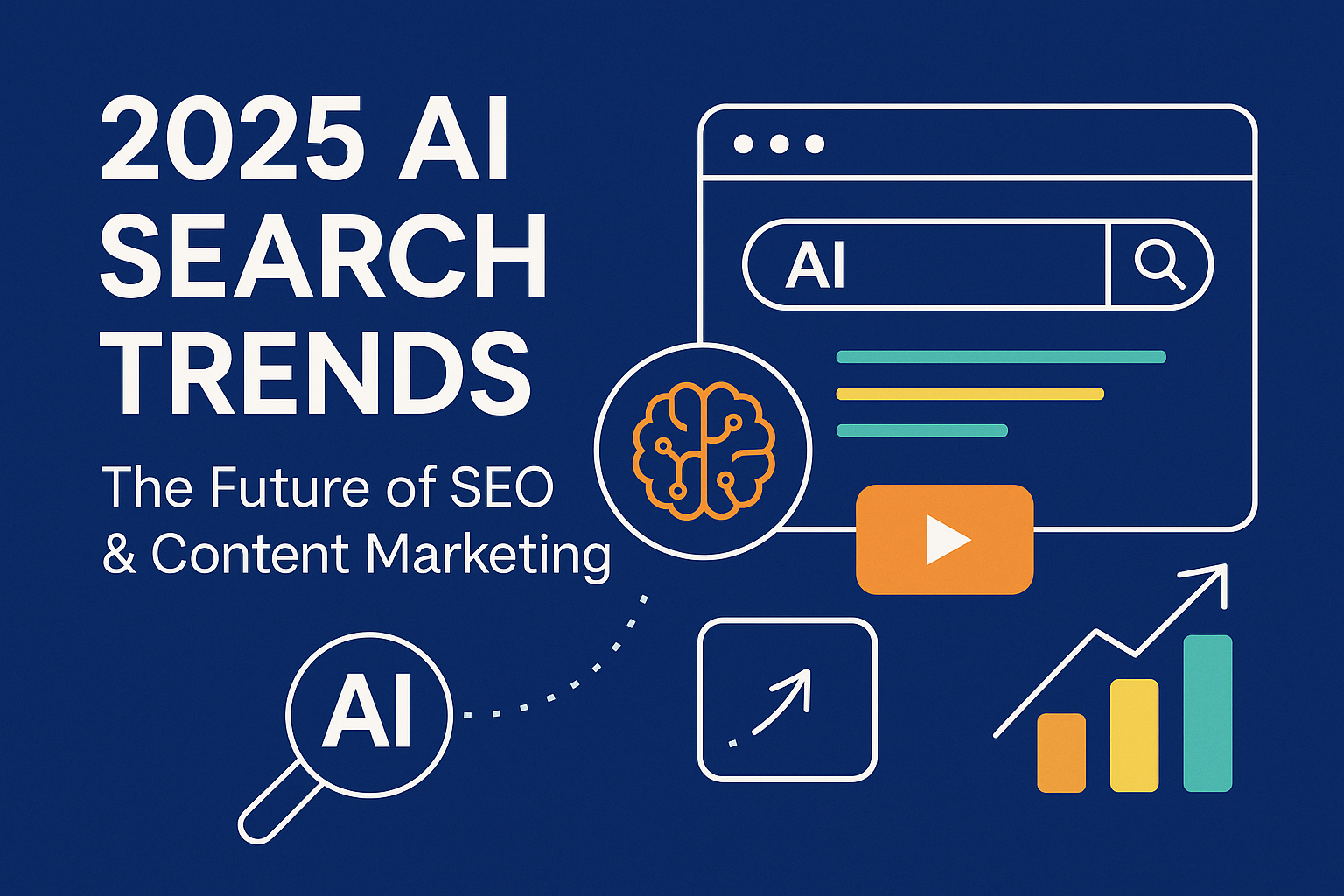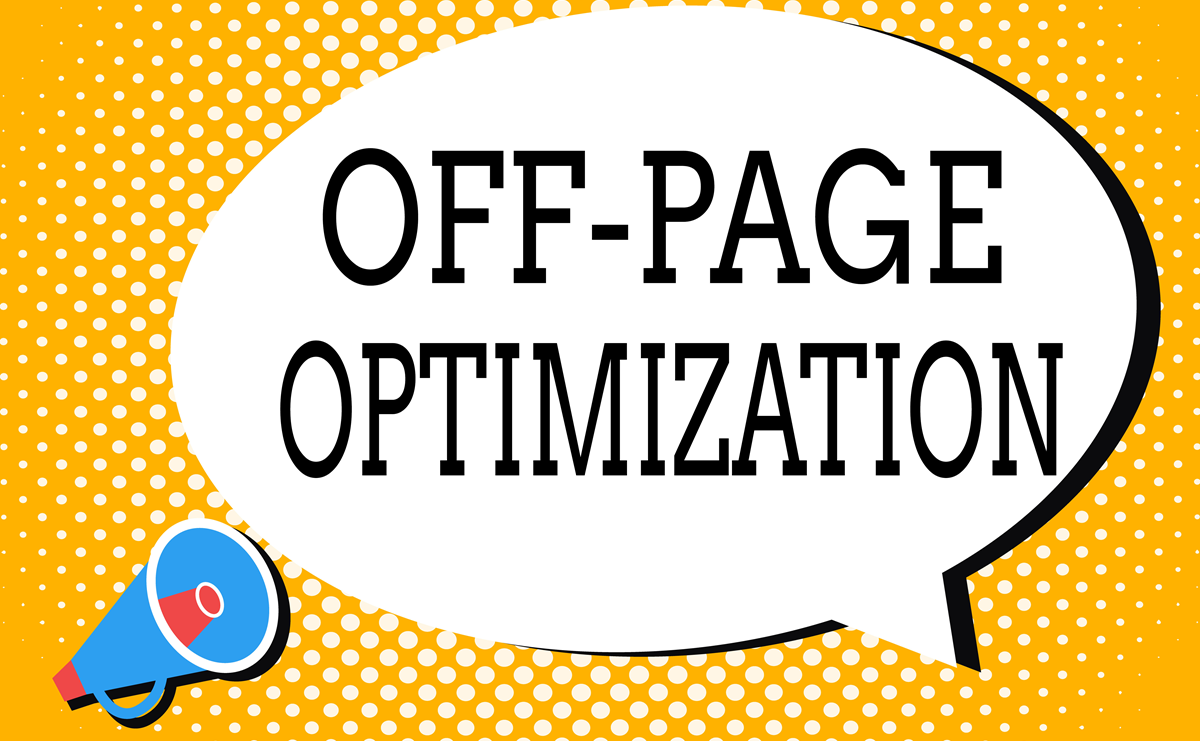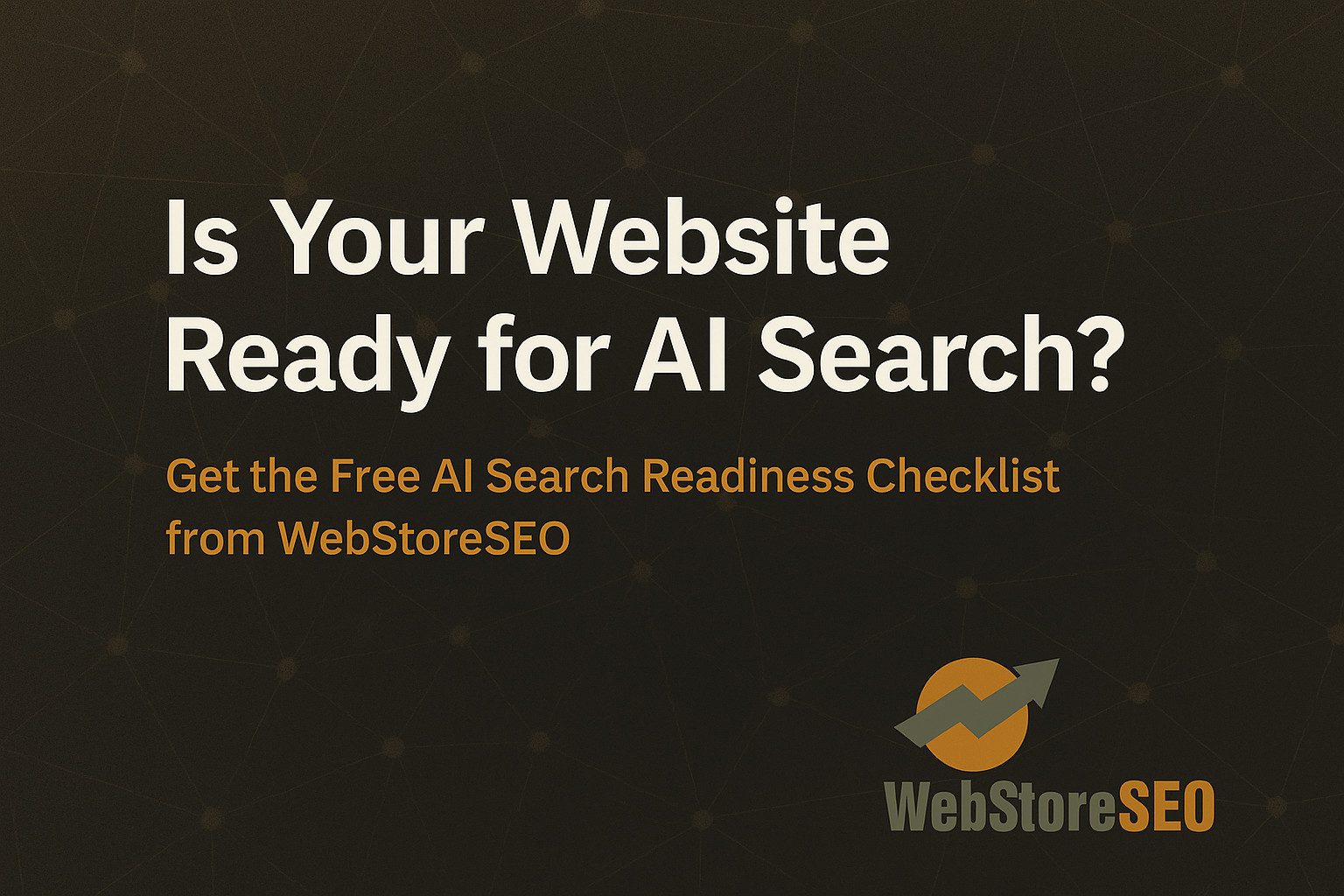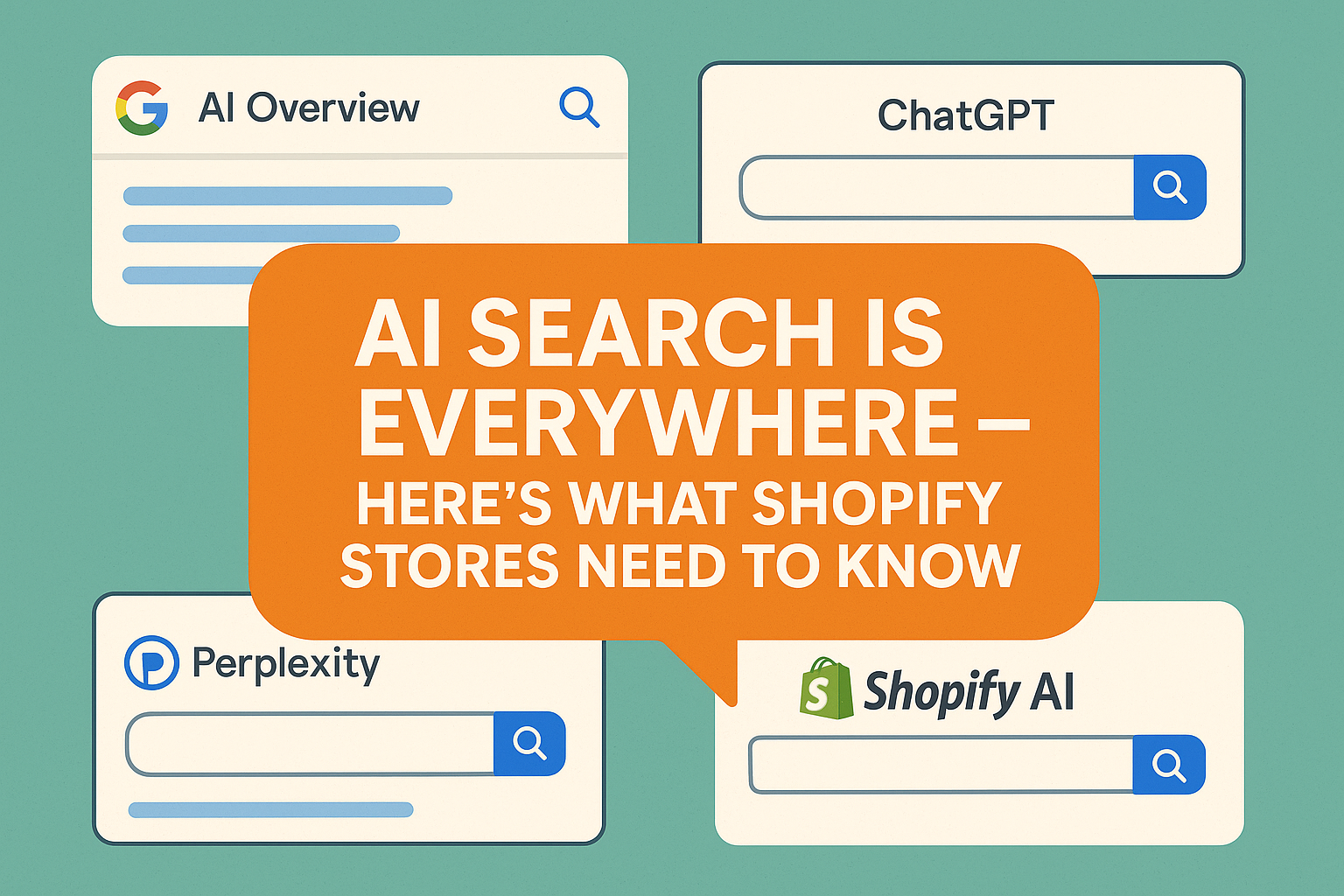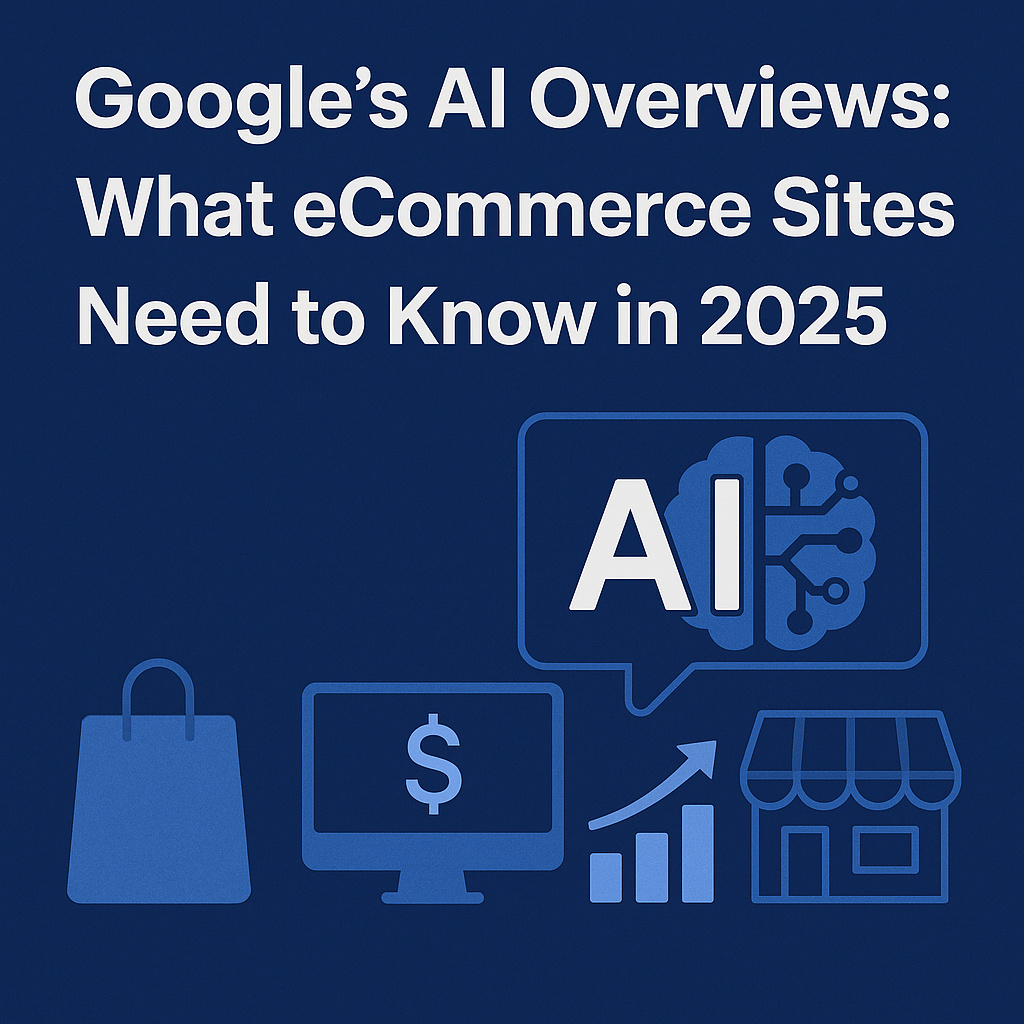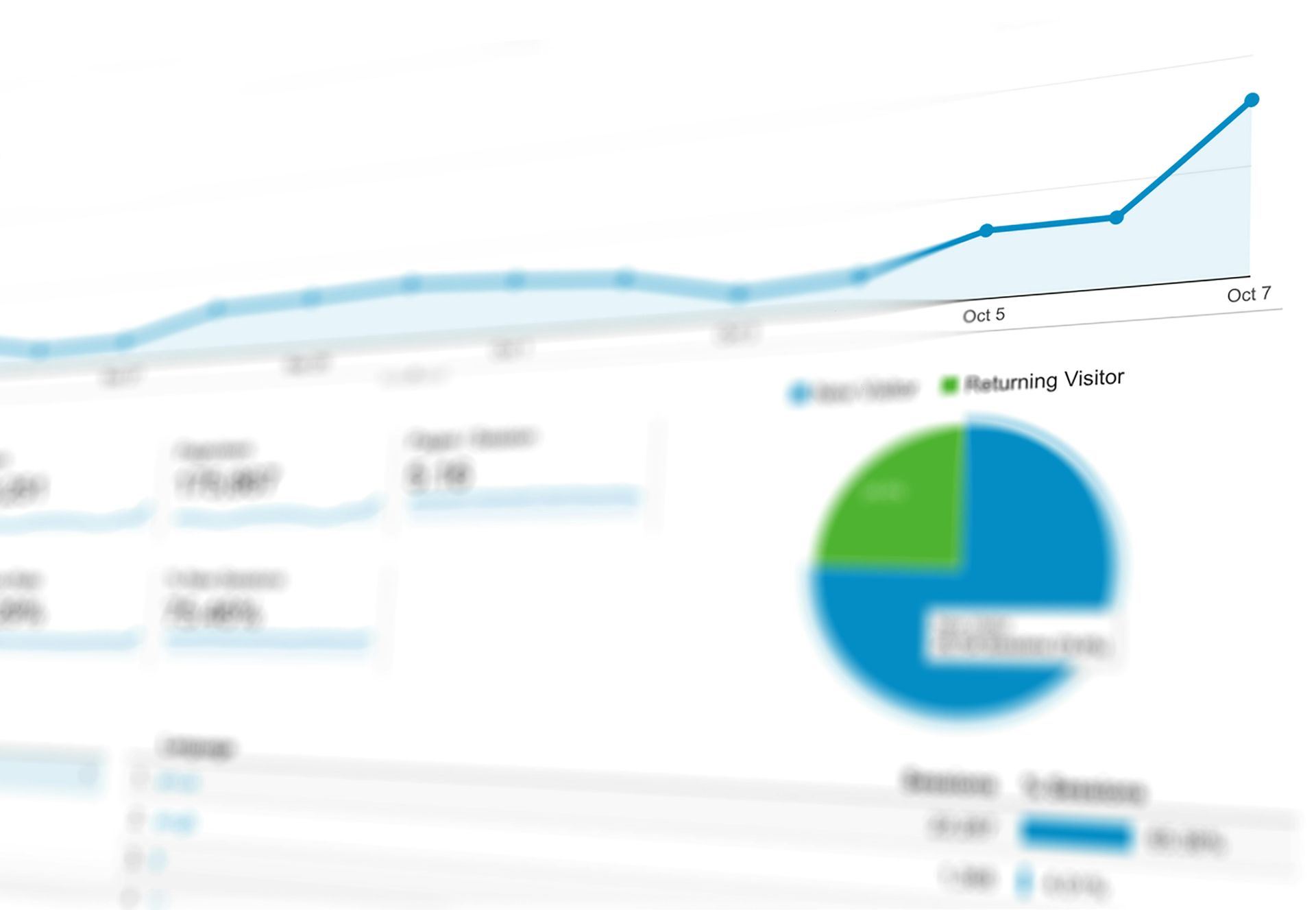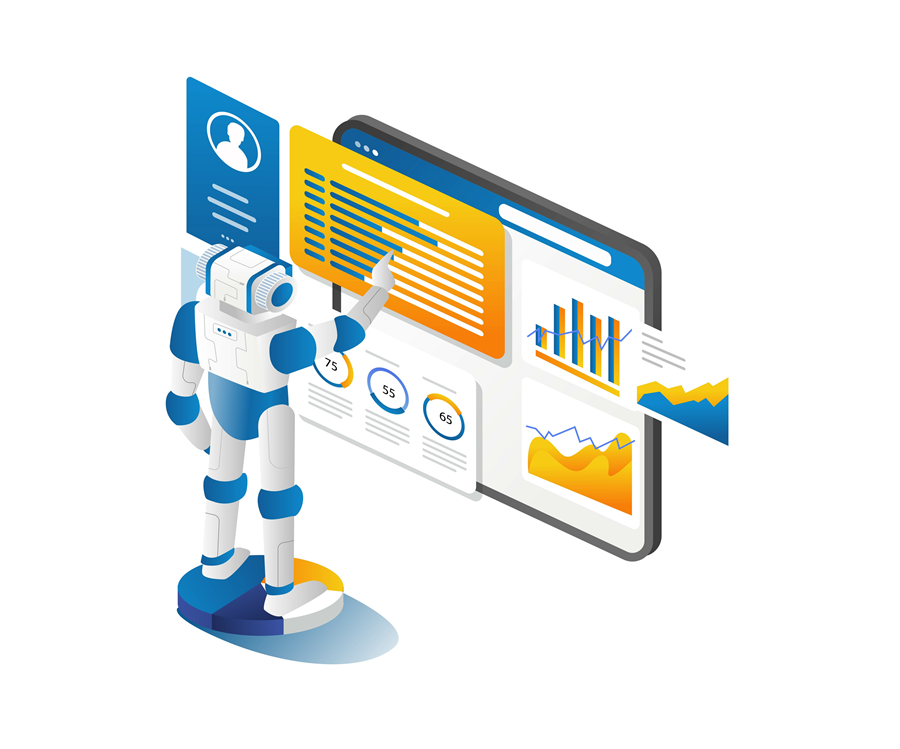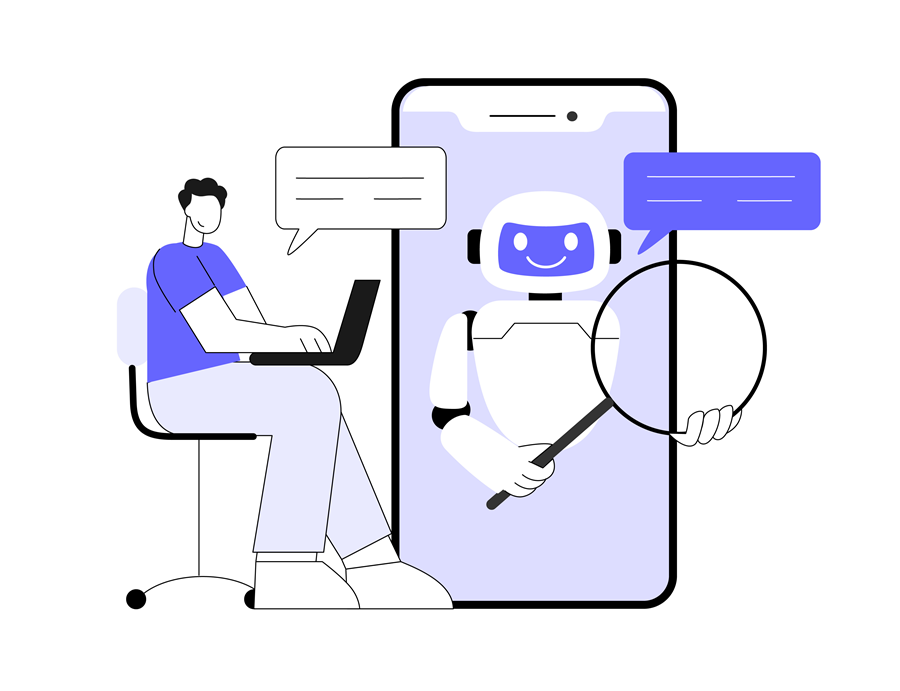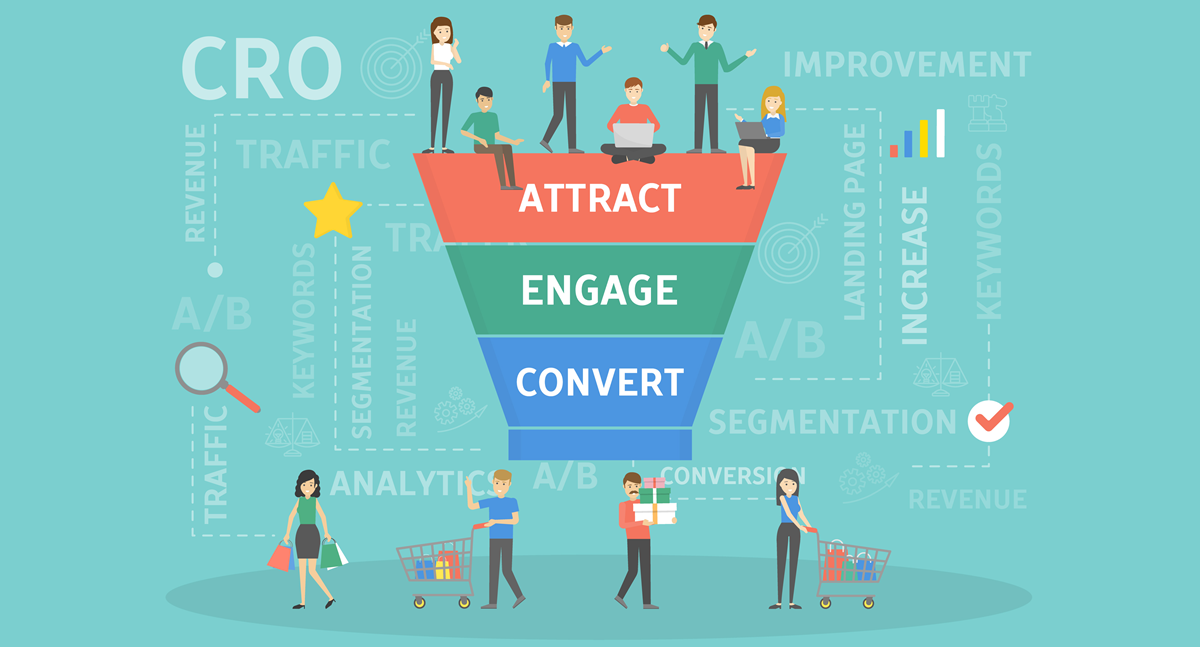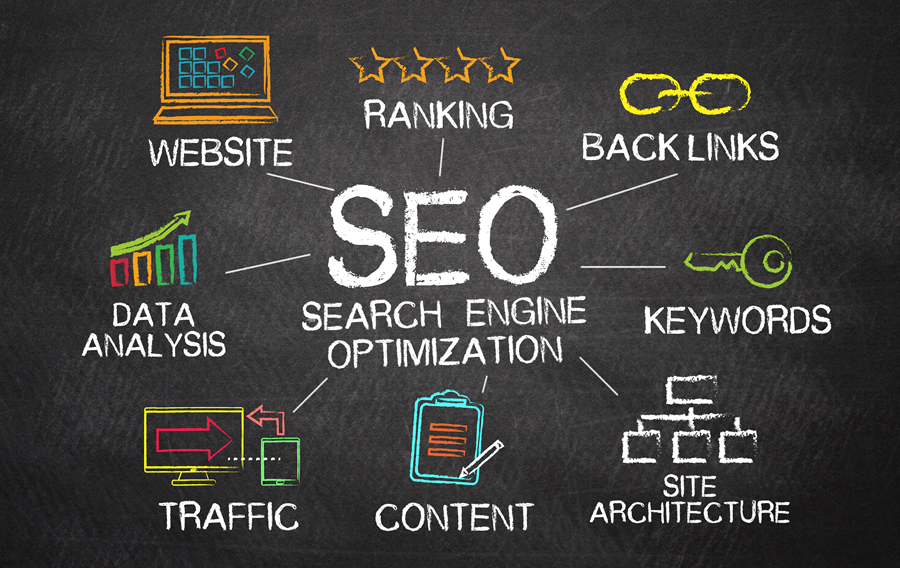Google May Be Replacing Your Meta Descriptions with AI-Generated Text
What it means for your SEO and how to stay visible in search
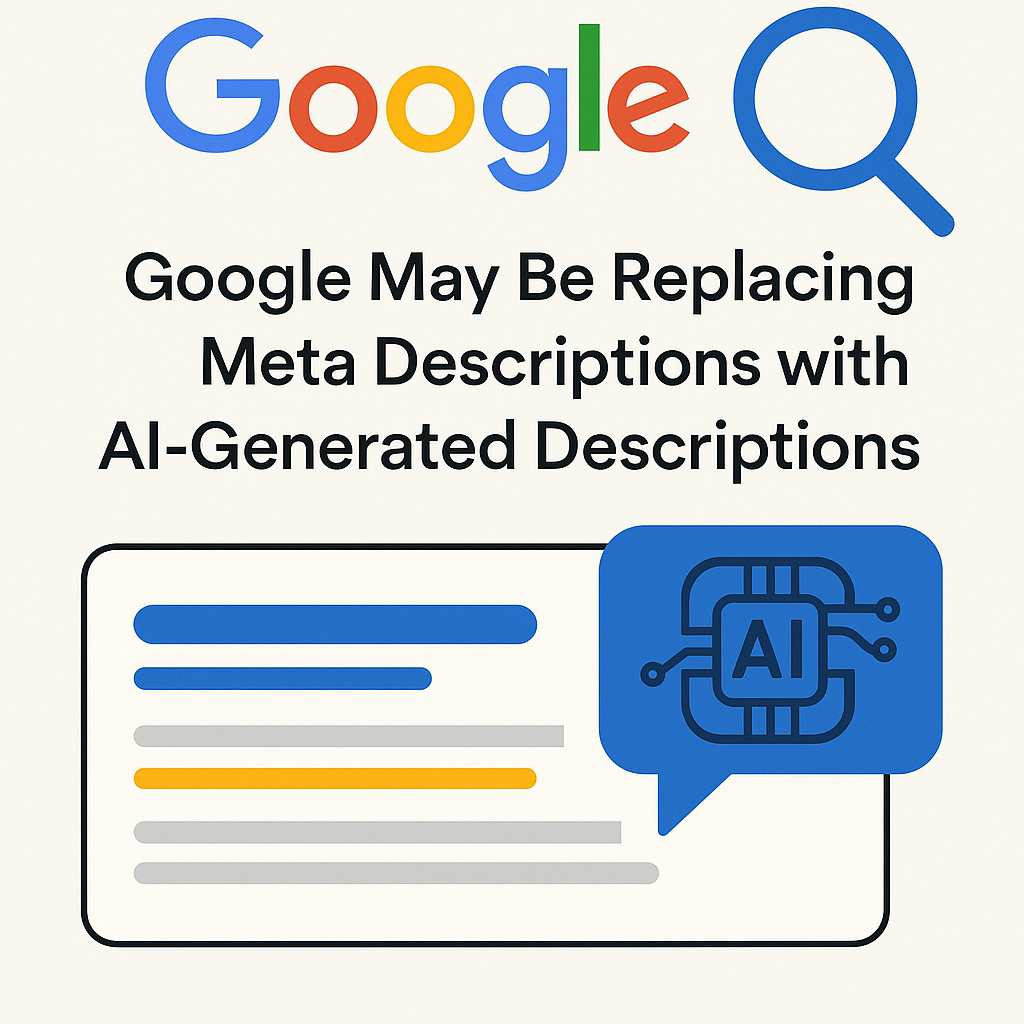
If you’ve noticed that your carefully crafted meta descriptions aren’t always showing up in Google Search anymore, you’re not imagining things. Google has quietly started experimenting with AI-generated summaries that replace or heavily rewrite your page descriptions.
While this might sound alarming, it’s actually part of a broader shift in how search engines present results. Let’s unpack what’s happening, why it matters, and how you can make sure your content still shows up for the right searches.
🔍 What’s Happening: AI-Generated Search Snippets
Traditionally, Google pulled your meta description tag, or sometimes a few sentences from your page, to display beneath the title in search results. But according to Google itself, that tag has never been guaranteed to appear. In fact, studies showed Google rewrote or ignored it over 60% of the time.
Now, Google is using its AI systems to generate dynamic summaries of your content designed to “better match search intent.” Instead of showing the exact words you wrote, Google may summarize or rephrase what it thinks your page is about.
This AI-generated snippet might:
- Highlight sections that relate more closely to the user’s query
- Combine sentences from different parts of your page
- Or even use new language entirely, generated by the model itself
⚠️ Why It Matters for SEO and Click-Through Rate
This change could have a direct impact on your click-through rate (CTR) from Google Search. The snippet that appears beneath your title tag often determines whether a user clicks your result or keeps scrolling.
If Google’s AI summary:
- Misrepresents your offering
- Uses phrasing that’s unclear or misleading
- Or fails to capture your brand’s tone or credibility
…your CTR could drop even if your rankings stay the same.
There’s also a branding concern. You no longer have full control over how your business or content is described in the search results.
🧠 Why Google Is Doing This
Google’s reasoning is fairly simple: users want quick, accurate answers. AI-generated summaries let Google tailor the snippet to each unique query rather than relying on a static, one-size-fits-all meta description.
In the age of AI overviews and zero-click search, Google is trying to keep users inside its ecosystem longer, and AI-generated snippets are another step in that direction.
✅ What You Can Do to Stay Optimized
You can’t fully stop Google from rewriting your snippets, but you can influence what it has to work with. Here’s how:
1. Write High-Quality, Contextually Clear Content
AI relies heavily on context. If your content clearly defines what the page is about using natural, descriptive language, Google’s AI will have less reason to make assumptions.
2. Use Strong Section Headers
Google often pulls headings (
<h2>
and
<h3>
) into snippets. Make sure these accurately describe the content beneath them and include your primary keywords.
3. Keep Your Meta Descriptions Anyway
Even if Google doesn’t always use them, a well-written meta description still serves as a fallback. It also helps other search engines, social media platforms, and AI crawlers such as ChatGPT or Perplexity understand your content.
4. Optimize for Entities, Not Just Keywords
Modern search engines, especially AI-driven ones, recognize entities such as people, places, brands, and topics rather than just exact keywords. Use structured data (Schema.org) and clear references to help Google’s AI interpret your page correctly.
5. Monitor Your Snippets Regularly
Search your key pages manually and see how Google is representing your site. If the snippet isn’t accurate, consider adjusting the opening paragraphs or headings to better reflect your content.
6. Leverage Tools Like Search Console
Track which pages are seeing changes in CTR. If impressions stay high but clicks drop, your snippet might be the reason.
🚀 The Bigger Picture: The Age of AI-Driven Search
This experiment from Google is just one piece of a larger evolution. Search is becoming more AI-assisted, context-aware, and increasingly summarized.
You may not always control how your pages appear, but you can control how well your content communicates what it’s about. The clearer, more authoritative, and more useful your page is, the more likely Google’s AI will represent it accurately.
🧩 Final Thoughts
Google’s AI-generated descriptions might change what shows up under your link, but they don’t have to change your visibility. Focus on content clarity, semantic relevance, and user intent, and your site will continue to rank and perform well even as search evolves.
If you want help optimizing your website for
AI-driven search visibility, including platforms such as Google, ChatGPT, and Perplexity,
WebStoreSEO can help. We specialize in ensuring your site is understood and surfaced by both traditional and AI search engines.
eCommerce SEO Blog



